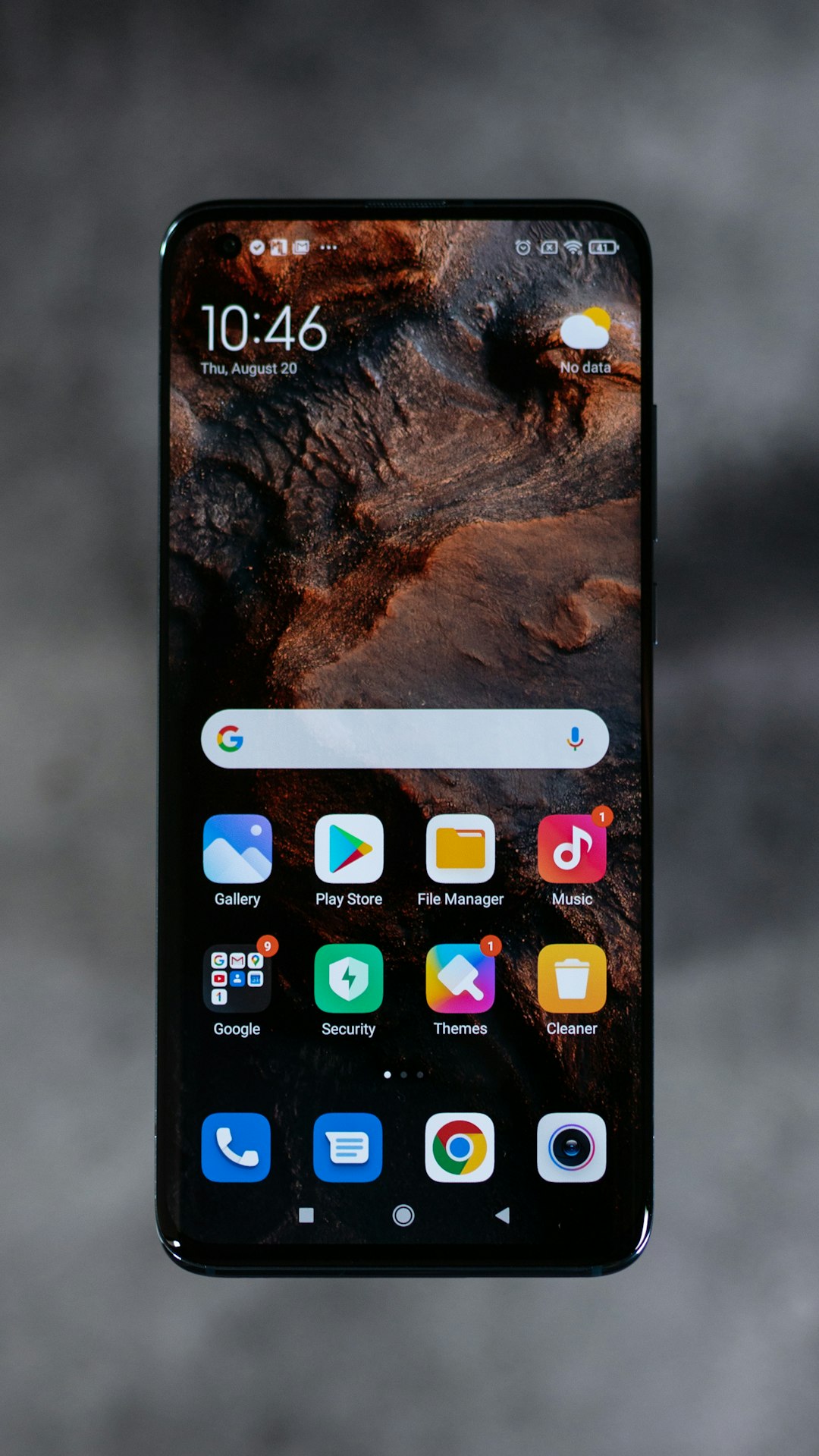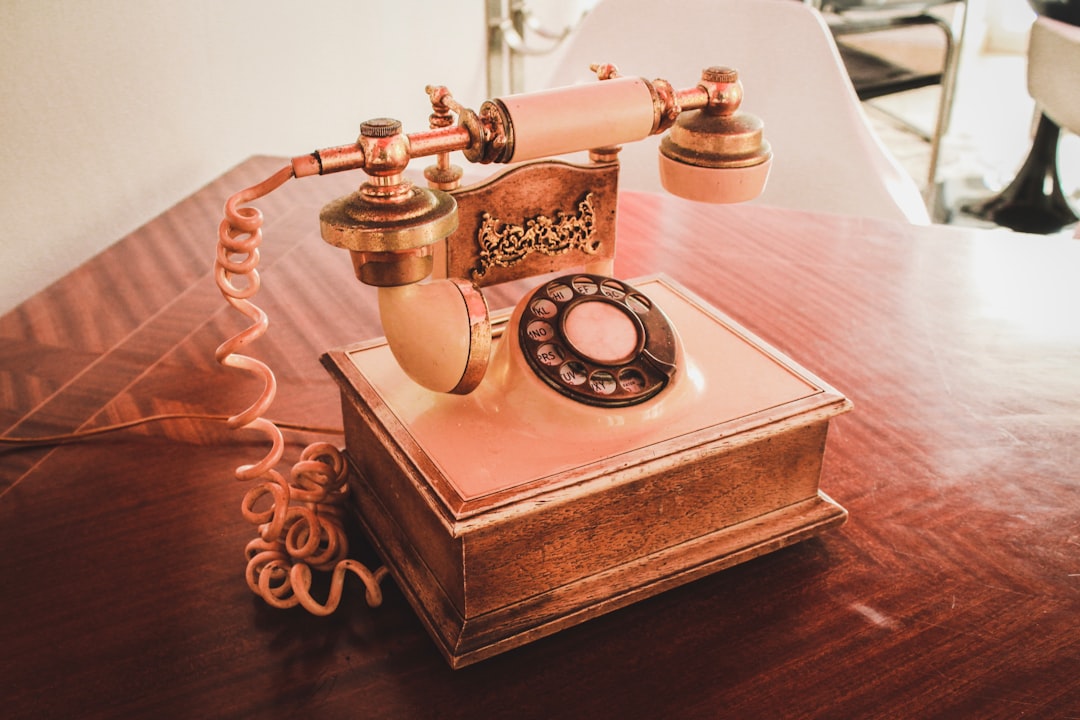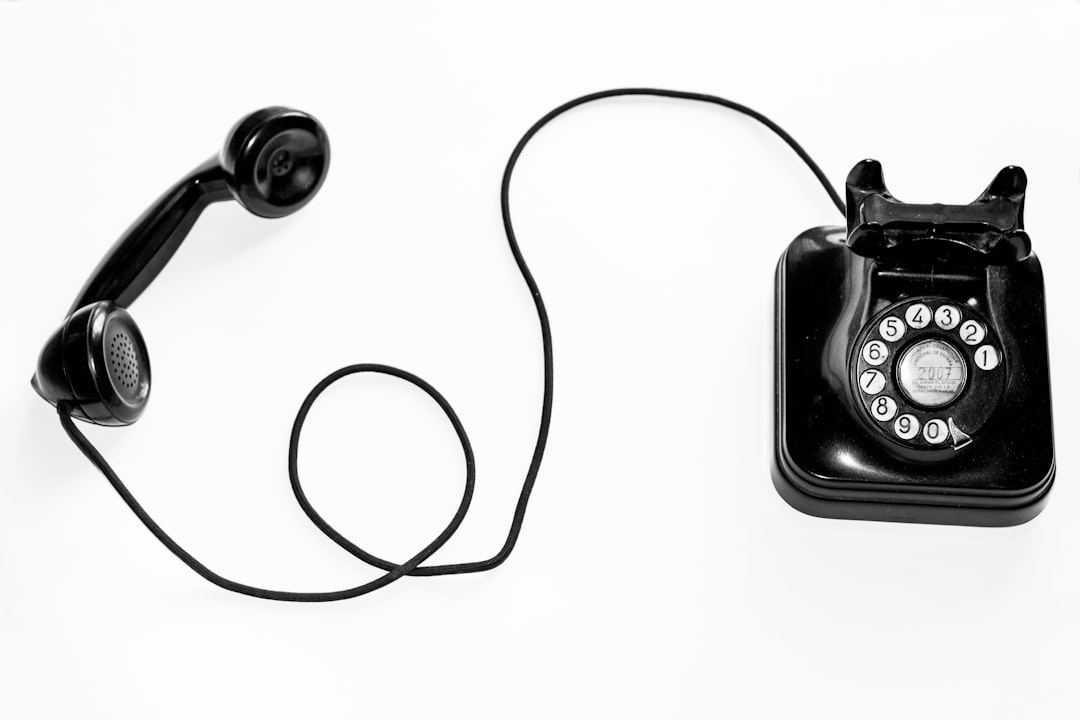Robocalls, automated phone calls from unknown sources, have become a significant problem in South Carolina, causing distress and disrupting lives and businesses. With laws like the Telephone Consumer Protection Act (TCPA) in place, individuals and companies can seek legal assistance from specialized robocall lawyers to combat these intrusions. Mobile apps like NoCall and TrueCall, leveraging advanced algorithms and community reporting, offer relief by blocking automated calls, including those from robocall lawyers. By customizing app settings and reporting suspicious calls, users can enhance blocking accuracy. Success stories show South Carolinians using technology and legal advocacy to protect themselves from robocalls.
Tired of relentless robocalls interrupting your day in South Carolina? You’re not alone. These automated, often unwanted, calls can be a nuisance and even pose security risks. Understanding the legal landscape and utilizing powerful mobile apps offer effective solutions. In this guide, we explore top-rated apps tailored for South Carolina residents, providing strategies to block spam calls and protect your privacy. Learn from real-life success stories and empower yourself with knowledge from a robocall lawyer’s perspective.
Understanding Robocalls and Their Impact in South Carolina
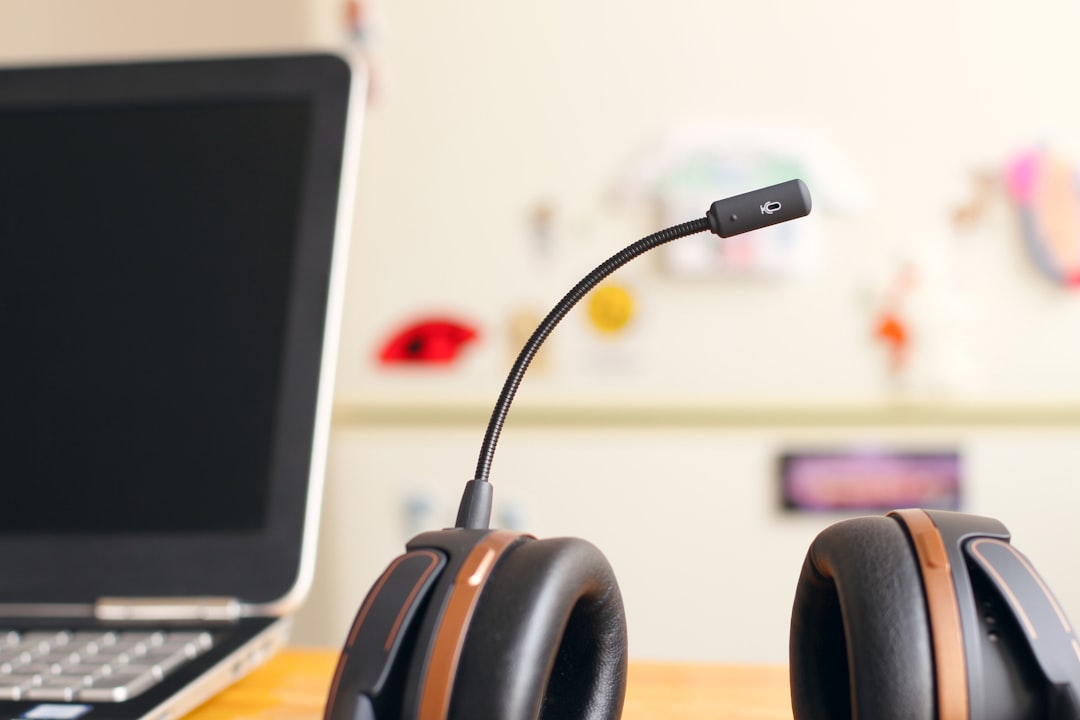
Robocalls, automated phone calls from unknown or blocked numbers, have become a pervasive problem in South Carolina, affecting individuals and businesses alike. These unwanted calls often deliver pre-recorded messages promoting products, services, or even containing phishing attempts and scams. The volume of robocalls can be overwhelming, leading to frustration, wasted time, and potential financial loss for recipients.
In South Carolina, as across the nation, robocalls have been linked to significant negative impacts on mental health and productivity. Many residents feel a constant sense of annoyance and unease due to these frequent intrusions. Moreover, small businesses often face challenges in differentiating legitimate calls from spam, impacting their operations and customer interactions. A robocall lawyer in South Carolina can offer much-needed guidance and legal support, helping individuals and companies navigate the complexities of this growing issue and protect their rights.
Legal Options Against Robocallers: What a Lawyer Can Do
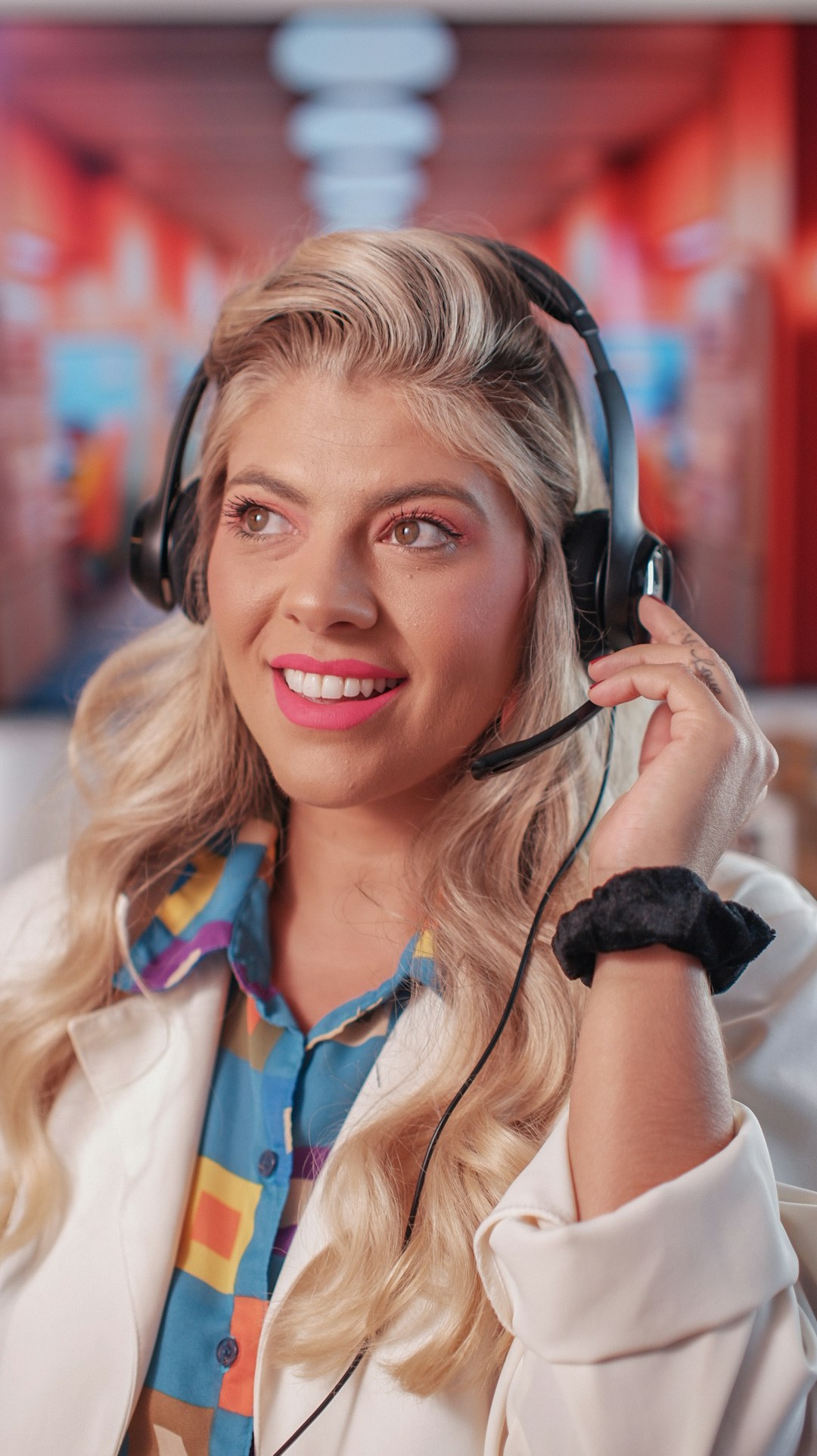
In South Carolina, as in many states, there are robust legal protections against robocalls. If you’re being harassed by automated calls, a robocall lawyer can offer valuable assistance. They can help you understand your rights and take appropriate action under state and federal laws.
A qualified robocall lawyer will be familiar with the Telephone Consumer Protection Act (TCPA), which restricts the use of automatic dialing systems and prerecorded messages for marketing purposes. They can file a legal complaint on your behalf, seek damages for each violation, and potentially stop the robocalls altogether. Having a legal expert advocate for you is crucial when dealing with persistent or illegal robocalls.
Top Mobile Apps for Robocall Blocking and Protection

In today’s digital era, the rise of robocalls has become a persistent nuisance for many South Carolina residents. Fortunately, top mobile apps offer powerful tools to combat this issue and protect users from unwanted calls. Apps like NoCall and TrueCall have emerged as game-changers in the fight against robocalls. These applications utilize advanced algorithms and community-based reporting systems to identify and block suspected automated calls, including those from robocall lawyers in South Carolina.
By integrating machine learning capabilities, these apps can adapt and improve over time, ensuring better protection against evolving robocalling techniques. Additionally, features like call screening, blocking, and filtering allow users to customize their preferences and rest easy knowing they have a robust defense against intrusive calls. With the help of such mobile apps, South Carolina residents can reclaim control of their communication channels and enjoy a quieter, more peaceful digital experience.
How to Use App Features Effectively Against Spam Calls
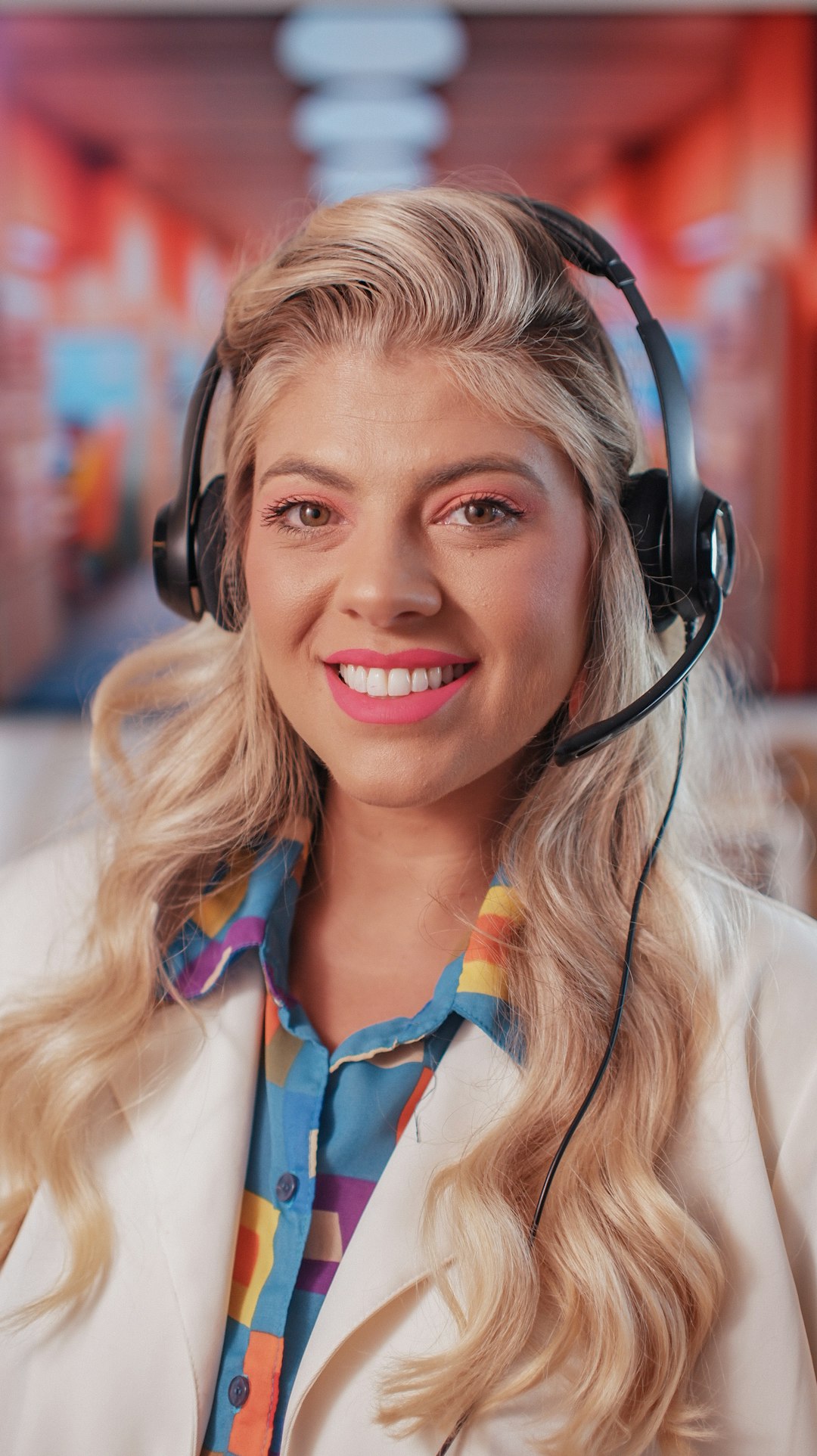
To effectively use app features against spam calls, start by customizing your settings to block known robocallers and unknown numbers. Many apps offer do-not-disturb modes that silence all incoming calls except from contacts in your address book. This basic step significantly reduces unwanted interruptions.
Additionally, leverage the app’s reporting mechanisms to identify and flag suspicious or spam calls. By providing feedback on these calls, you contribute to a collective effort to improve the app’s accuracy in blocking future robocalls. For instance, some apps use machine learning algorithms that adapt based on user reports, making them more effective over time against evolving spamming tactics by robocall Lawyer South Carolina.
Success Stories: Real-Life Examples of Robocall Combat in SC
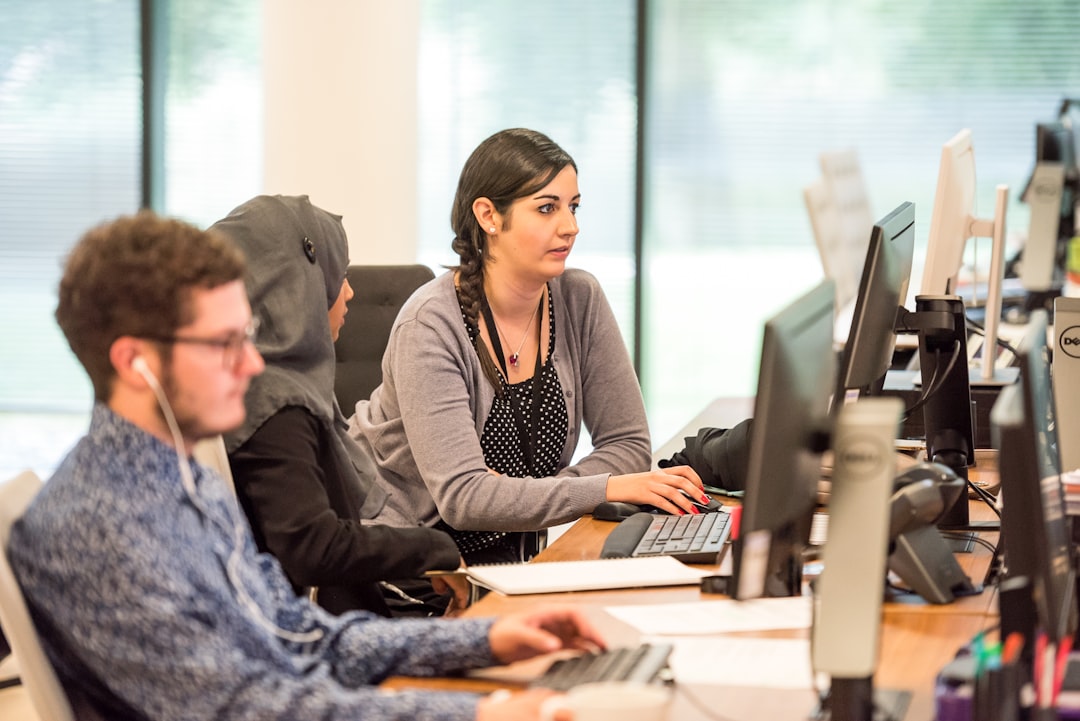
In South Carolina, numerous residents have successfully fought back against robocalls thanks to innovative mobile apps and the expertise of local robocall Lawyer South Carolina. One notable example involves a homeowner in Columbia who received hundreds of spam calls daily from telemarketers. By downloading an app that utilizes machine learning algorithms to identify and block robocalls, they significantly reduced these unwanted intrusions within weeks. This success story not only saved them from incessant interruptions but also empowered them to take control of their communication.
Another inspiring instance comes from a small business owner in Charleston. After facing a deluge of fraudulent calls promoting fake services, she turned to a robocall-blocking app and reported the numbers to her state’s consumer protection agency. As a result, local law enforcement launched an investigation, leading to multiple arrests and a disruption of a large-scale scam operation targeting small businesses across the state. These real-life examples highlight the power of individual action and community collaboration in combating robocalls, showcasing how South Carolinians are protecting themselves and their communities through both technological means and legal advocacy.
